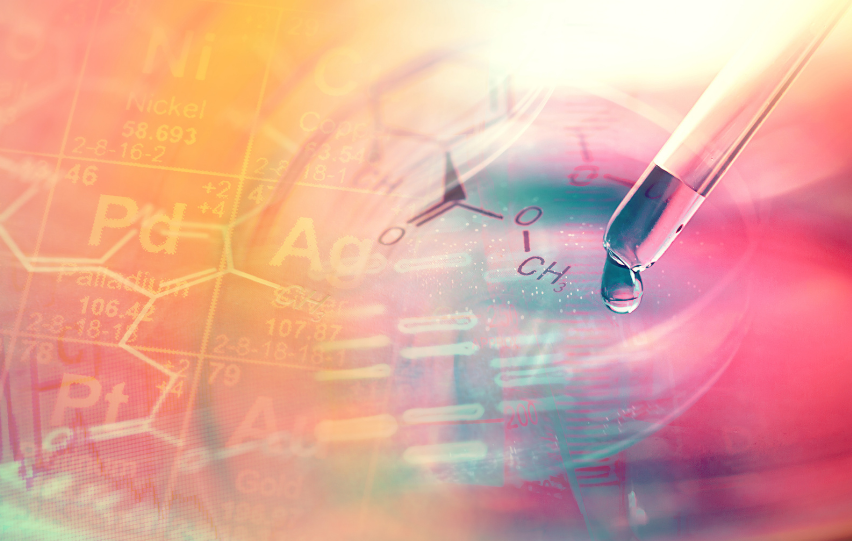In the move to create an industry roadmap to establish advanced data storage solutions, Twist Bioscience Corporation, Illumina, and Western Digital announced a partnership with Microsoft Corporation.
The companies will be joining forces to create interoperability of solutions for a cost-effective commercial archival ecosystem. This is in line with the booming digital data that continues to dominate the tech world.
Current models used by corporations require hefty upkeep in the form of data centers, which need frequent maintenance or complete replacement. Moreover, data centers are utilizing massive energy costs, affecting the environment.

With DNA storage, no massive setup is required, so companies can save tons of money. Since the scientists and engineers are still developing ways to make DNA storage suited for commercial use, the tech giants are paving the way for advancement.
“DNA is an incredible molecule that its very nature provides ultra-high-density storage for thousands of years. Theoretically, 20 grams of DNA would be enough to store all of the world’s digital data,” said Twist Bioscience CEO Emily Leproust.
This cutting-edge technology is stable and cheaper, plus easy to integrate into all of the company systems. Moreover, DNA doesn’t occupy a lot of physical space, so it eliminates the need for massive data centers.
Earlier, Microsoft has announced an ongoing end-to-end system capable of storing and retrieving data from DNA. This is in partnership with the University of Washington, which is fully automated.
Senior research manager at Microsoft Karin Strauss said they are able to separately store 1GB of data in the DNA synthesized by Twist and eventually recovered the data. The company found out that synthetic data is easier to handle and store.
In addition, synthetic DNA also presents a lower cost of ownership compared to other stored media. Illumina also provides a clear path to DNA synthesis with innovative sequencing technology that enables commercial scale and data retrieval.
The storage must be able to read back all digital information presented, along with forwarding these pieces of data to collaborators. Success in doing so can make DNA storage a more viable and long-term storage solution for commercial archival purposes.
Western Digital jumped into the party at the last minute, identifying an unmet need for a long-term archival storage medium. The cold storage is expected to come around in 2030 when the overall temperature of data cools down.
“We are committed to providing a full portfolio of storage solutions addressing the demand for hot, warm, and cold storage,” said Western Digital vice president Steffen Hellmold.
















